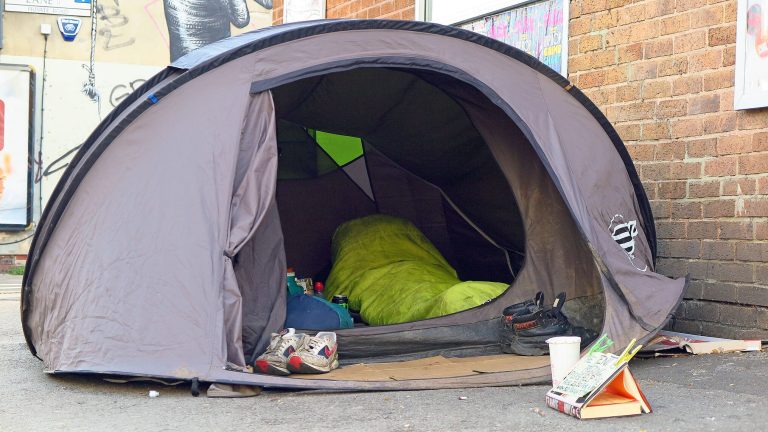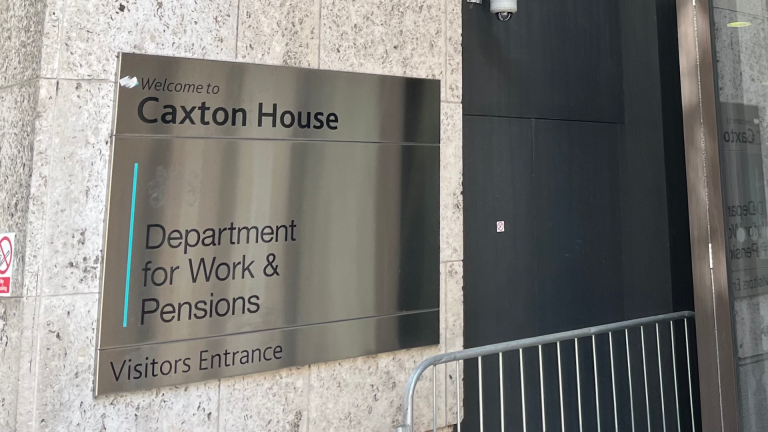“Ministers are scrapping this in favour of a scheme that will provide food support for just four days over Easter and create a postcode lottery in provision,” said Tulip Siddiq MP, Labour’s shadow children’s minister. The Government will instead fund the holiday activities and food programme, which sees charities help people in need in their communities.
“This huge rise in eligibility for free school meals shows just how devastating this pandemic has been for family budgets,” Siddiq added.
“The Government should be guaranteeing free school meals support to all who need it including through cash payments, rather than allowing children to go hungry over another school holiday.”
Around 26 per cent – more than 103,000 – of children in England’s North East qualified for free school meals, compared to just 15 per cent in the South East.
A Department for Education spokesperson said a rise in demand during the pandemic was “always likely”.
“That’s why we have ensured that throughout this period, schools have continued to accept applications for free school meals, providing meals to anyone who becomes newly eligible, including while pupils were learning remotely,” they added.
Experts including the North East Child Poverty Commission warned the figures were likely an underestimation of need across the UK, with two in five children living in poverty prior to the pandemic not eligible for free school meals.
Up to 37 per cent of Blackpool’s pupils qualify for free school meals, a stark contrast to more affluent areas such as parts of Berkshire where eight per cent of kids are registered for the meals.
Children qualify for free food at school if they or their families are on low incomes, or receive benefits such as Jobseeker’s Allowance or income support.
They are also eligible if their families claim Universal Credit and have an income below £7,400 per year after tax.
Marcus Rashford, working on behalf of his Child Food Poverty Taskforce, previously wrote to the Prime Minister demanding free school meals were extended to all children whose families receive Universal Credit, regardless of income.
The Government spokesperson added: “We have also committed to extending the breakfast clubs programme for disadvantaged pupils over the next two years. Outside term-time, we have expanded our holiday activities and food programme to every local authority across the country this year, and the Covid winter grant scheme has also been extended over Easter, to further support vulnerable families.”










